Prof. Clare Vassallo from the Department of Translation, Terminology and Interpreting Studies is looking to expand the scope and application of translation studies in a new direction. Translation is both a science and an art with practical applications. By partnering with the Department of Tourism Management, the intention behind a recent public lecture was to find out how the industry can directly benefit from interdisciplinary academic collaboration. We explore the potential of translation to address cultural and linguistic misunderstandings and tackle common misconceptions.
As an academic discipline, translation studies equips students with the skills to deal with intercultural communication, not just in text but also in visual and marketing applications such as web design and advertising. This is called Translation for Special Purposes. A text is considered specialised if its translation requires expertise in a specific field beyond the general knowledge possessed by a translator or translation student. Literal translation is not always possible. Medical and legal fields, for example, use their own jargon and style of communication. Following suit, Prof. Clare Vassallo recently started exploring the potential for specialised translation skills in the area of tourism.
‘I reached out to Prof. Marie Avellino, Head of the Department of Tourism Management, to try and explore collaboration between our respective areas. Similarly, I invited an old friend and colleague from the University of Ferrara, Prof. Eleonora Federici, to speak to staff and students about research in this area already being carried out between Translation Departments and the Tourism Industry in Italy. The idea is to sell the locale on its own terms. Do not sell yourself as a tourism destination under other people’s terms. We emphasise what is culturally and historically unique and our own,’ Vassallo explains.
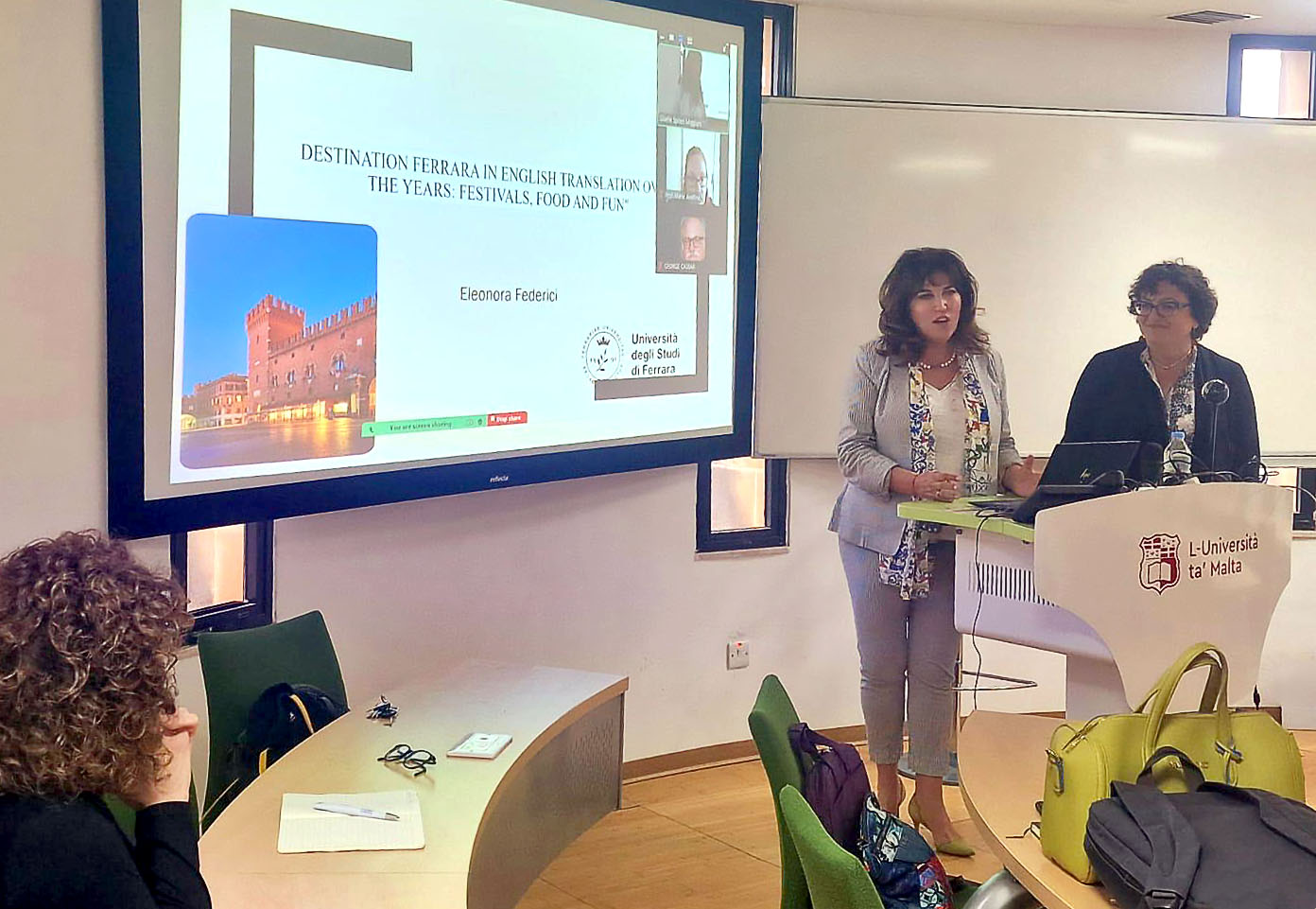
Translating on Our Own Terms
For example, pastizzi is often translated as ‘cheesecakes’, but Vassallo insists that while ricotta is a sort of cheese not only used locally, ultimately pastizzi are very much their own distinct food. Looking to Italy as an example, lasagne is known as lasagne, tortellini as tortellini, and on it goes. Italy does not translate the names of its foods because each product has its own unique identity. For the same reason, pastizzi should be known as pastizzi to tourists. One can offer a gentle description, such as explaining that pastizzi are a pastry encasing cheese or pea filling, without substituting their identity. Another example is the Maltese festa. Vassallo says it should not simply be referred to as a ‘feast’. Using the words owned by the place being visited gives one a sense of becoming a part of it and adds to an immersive experience.
‘Tourism sells an experience. You are steeped in the sun, sea, culture, and history. Valletta, our jewel, goes back 500 years and is a fantastic example of a site steeped in translation. As it was built by the Knights, it is a city of different languages and nationalities, and across its history, it has had different rulers who left their linguistic marks. Malta has never been a monolingual country and has been open to currents which keep coming. Trying to change that is like trying to catch wind in a net,’ Vassallo states.
Vassallo claims that Malta has a habit of underselling itself. Translation from Maltese to English is often done with the intention of accommodating tourists, but typically people do want to work a bit to understand another culture. The real attraction is going somewhere to find out what it is all about. Vassallo again points to Italian, as the language is quite particular with its syntax. It all sounds beautiful and natural, but when translated literally to English, Vassallo says that it can lose its impact.
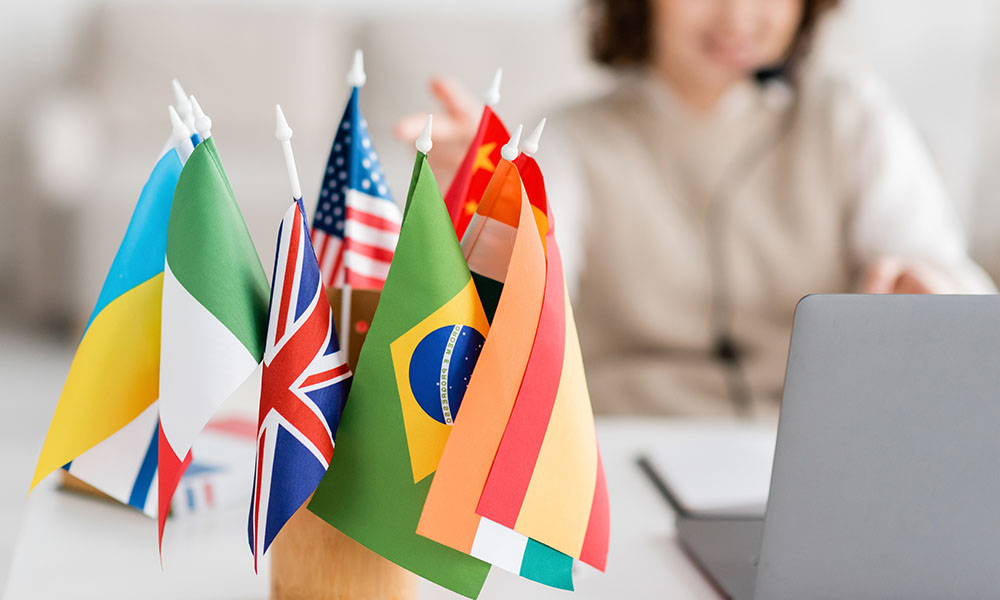
Quality of Communication
Aside from how things are translated, it is also a question of the quality of the translation. Once the tourists arrive in Malta, one must ask how information is then provided. Many museums provide links to their websites with a QR code, but when one follows the link, the museum must ensure that the English is written properly and that the angle provided by the author meets a standard of accuracy. In short, one has to think about the consequences of poorly drafted texts. ‘Two unfortunate examples of translation errors are a store sign asking customers to “Please don’t touch yourselves” instead of “Please ask for assistance”, and the mistranslation of KFC’s “finger-licking good” to “eat your fingers off” in the Chinese translation,’ notes Vassallo.
Two unfortunate examples of translation errors are a store sign asking customers to ‘Please don’t touch yourselves’ instead of ‘Please ask for assistance’, and the mistranslationg of KFC’s ‘finger-licking good’ to ‘eat your fingers off’ in the Chinese translation.
Prof. Clare Vassallo
‘People quickly make fun of a destination on TikTok if the names of the food are written badly. Near misses are particularly humorous, and we would like to avoid that. One old example which comes to mind is a menu with the term “gordon blue” instead of cordon bleu in Marsaxlokk,’ Vassallo illustrates. ‘This is why the department offers skills in language consultancy, style issues, and editing for documents before they are launched into the public sphere.’
The rise of tools such as ChatGPT poses new solutions and new problems. Vassallo highlights that translation through AI runs the risk of missing out on cultural and grammatical sensitivity. While there is no issue with using AI as a tool and students are taught to make use of all IT resources, it is the final reading that counts. Just sending a text out as it is translated by AI is asking for trouble, Vassallo warns. AI-translated text needs to be rearranged by a cultural ear to pick up nuance and sometimes to appropriately enhance the message.
AI uses material that is already available online and is less useful for languages like Maltese with a lighter online footprint. However, in time, the sensitivity towards smaller languages like Maltese might improve as the data improves. Nonetheless, the Department of Translation, Terminology and Interpreting Studies trains students to use AI as a resource to generate ideas or even first translation drafts while building up editing and revision skills to finalise drafts for public consumption. When the internet became mainstream, there was a fear that people would stop reading books, but not visiting the library often does not mean that people are not reading. Vassallo states that technological change drives civilisation. Just as a knife can be used to cut or to kill, technology should be used wisely.
Looking ahead toward a collaboration between translation and tourism in Malta, Vassallo states that the Translation Department already works with important bodies such as Heritage Malta and is actively looking for other collaborative projects. The Heritage Malta collaboration takes place on audio-visual translation, subtitling, dubbing, and creating audio guides for people who are hard of hearing or visually impaired. There is scope for this work to increase, especially as students become increasingly versed in an ever wider array of languages, attracting collaboration with universities as culturally and physically far as Shanghai, China, which sends students to the department to specialise in translation and intercultural communication.
The department’s courses offer a core of intercultural and linguistic theory, practice, and history, with three dedicated streams of study – literary translation, translation for special purposes, and audio-visual translation. People who specialise in literary translation, for instance, find that their skills are easily transferable to other areas such as marketing and advertising due to their improved sensitivity to language. If they can translate books, they can do wonderful things with brochures, tourist information leaflets, websites, and QR landing pages.
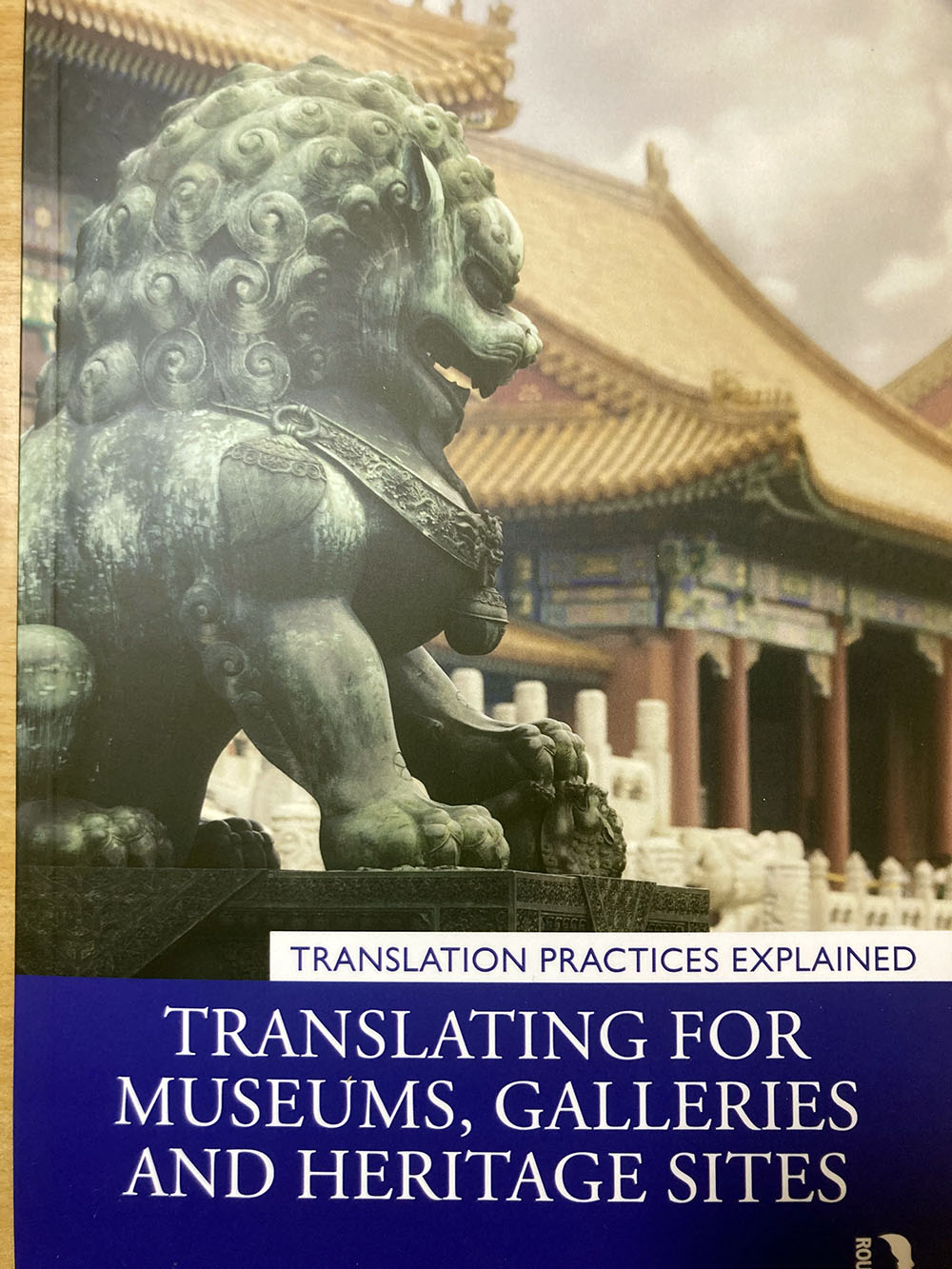
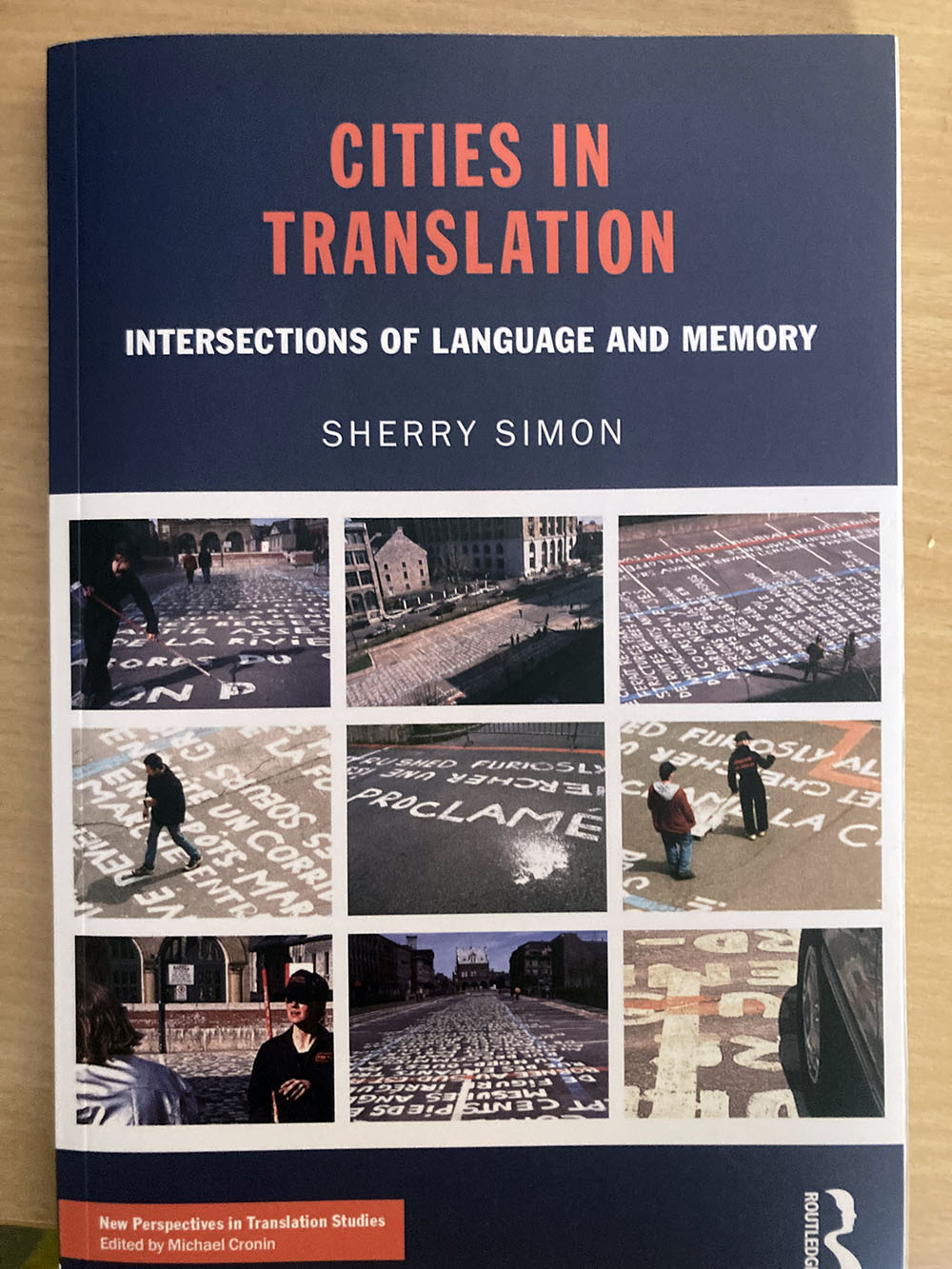
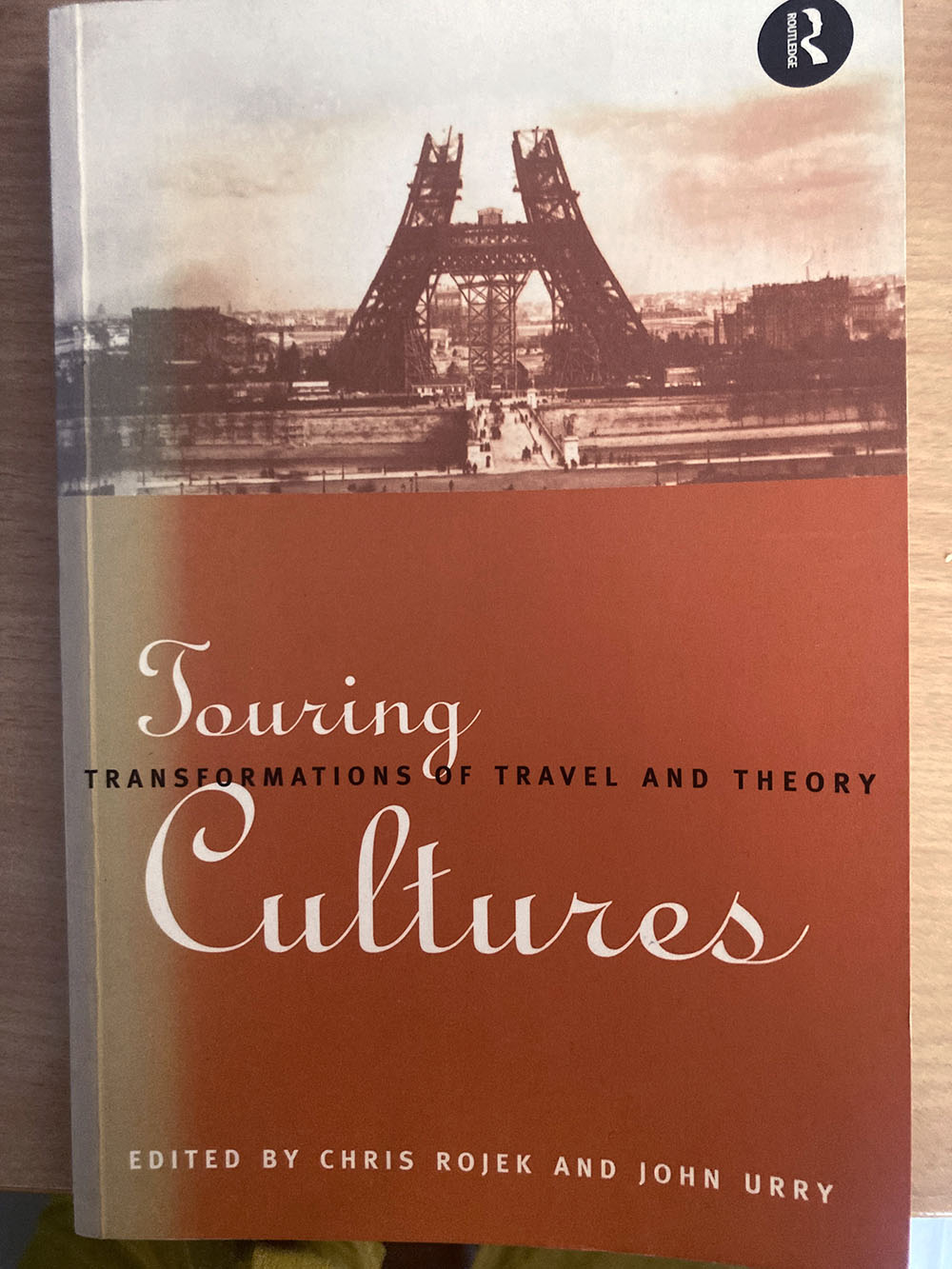
Pushing for a New Approach
Collaboration on an academic level within universities is necessary as knowledge often gets broken into specialised fields and moves further away into various faculties. Unless there are bridges to connect faculties, there may be people working in parallel who are unaware of one another. There is a lot of existing research that both tourism and translation can benefit from by coming together.
There is a body of existing work in Translation Studies, such as that done by Peter Newmark, which looks closely at the very specifics of a place, such as its geography, its food, and the translation strategies that can be adopted to work with them cross-linguistically and cross-culturally. For example, the fjords of Norway are what they are – fjords – and the same goes for the savannah or prairies in Africa – these terms are not translated, they are learned. Contemporary novels in English based in other cultures often have footnotes or glossaries to explain certain words which are not otherwise translated, allowing the reader to learn without disrupting the story. If an old book is translated, how does one preserve its atmosphere and feeling? To respect its identity, Vassallo declares that it must be handled on its own terms or risk losing what makes it special.
On a policy level, attracting tourists beyond sun and sea tourism requires a focus on heritage and history and a strategy that elevates Malta’s tourism product. It is here that interdepartmental collaboration has an important role to play, alongside collaboration with industry.
‘There is not enough interfaculty communication, but as a translation department which, by its very nature, is focused on connecting and bringing other areas together, I want to propose this collaboration as a new direction. Thinking ahead, we could also work with ITS, and deepen our relationship with Heritage Malta. There are discussions that could be held with the Ministry of Tourism. We can speak to industry, which will in turn offer new employment opportunities for our graduates, who already have a great employment record because of the languages they learn and the professional experiences and contacts they build,’ Vassallo concludes.
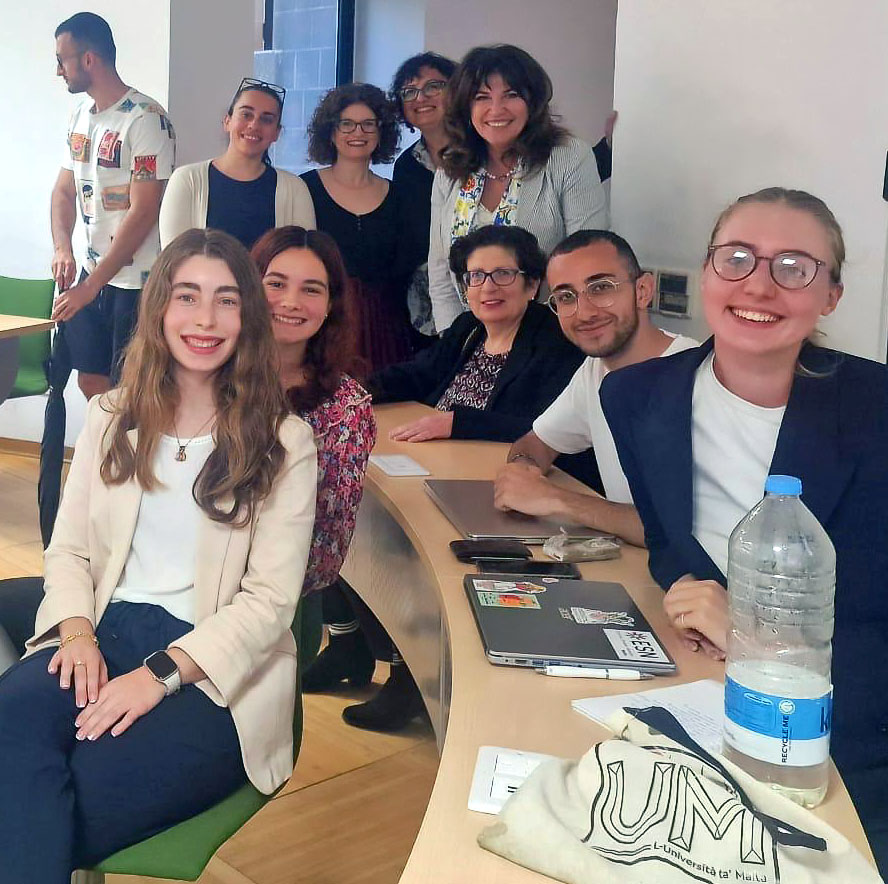

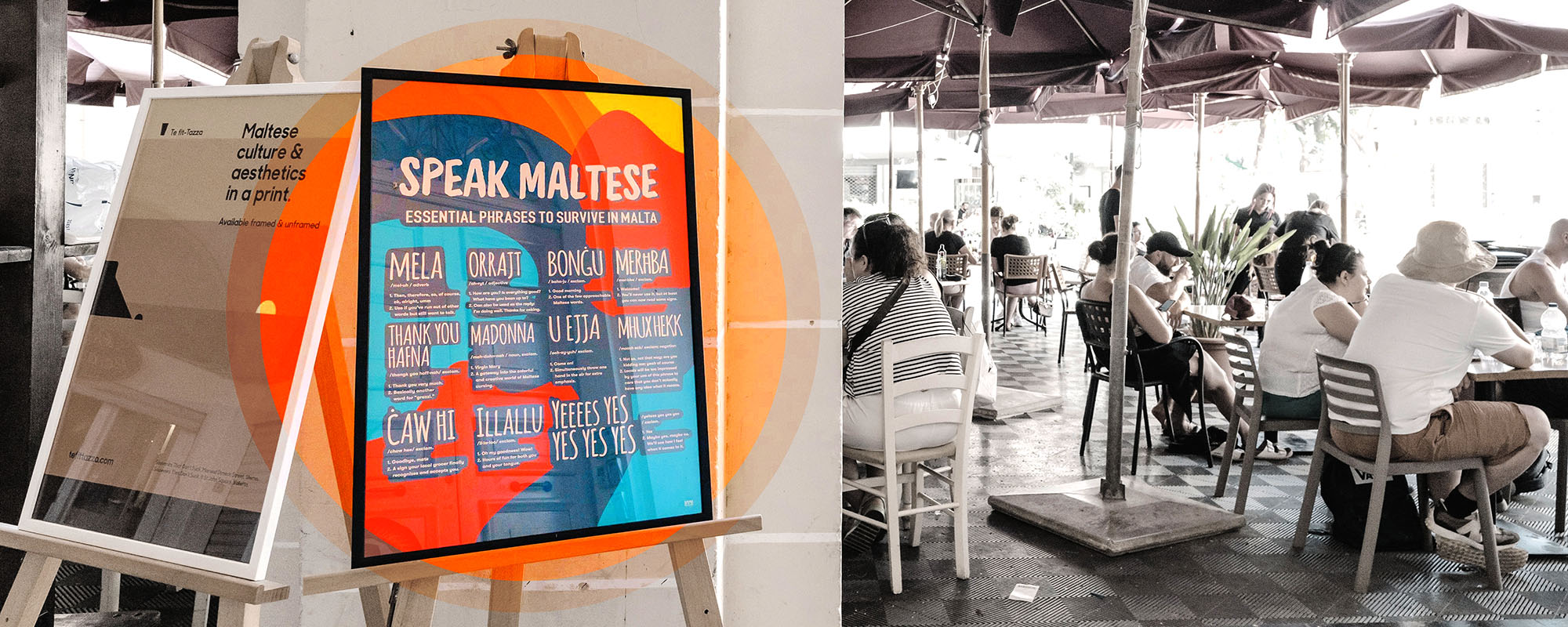
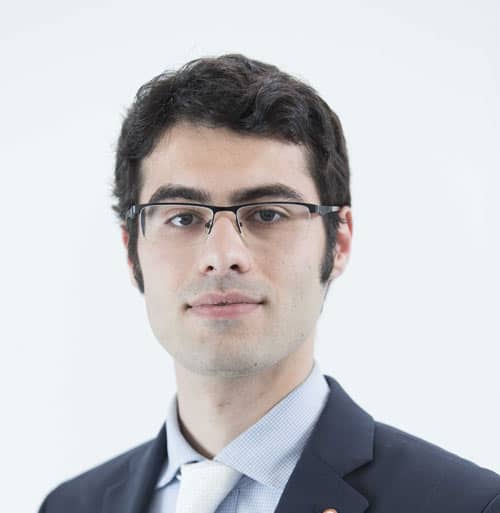



Comments are closed for this article!